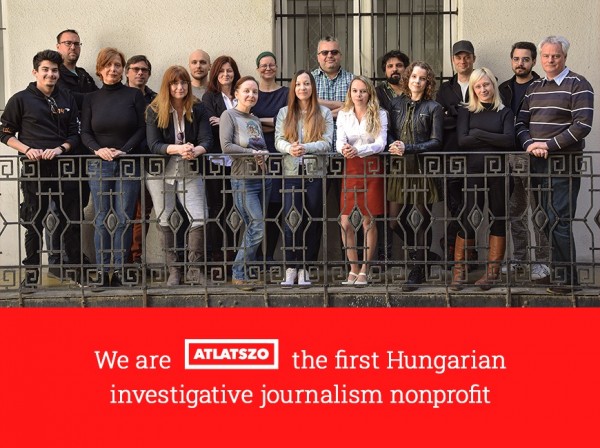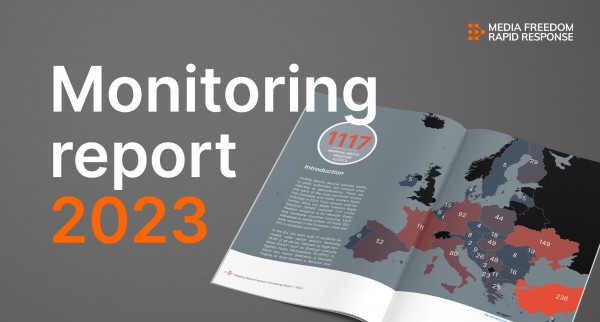The International Press Institute (IPI) explores the threat that spyware poses to media freedom in Europe in its new report “Watching the Watchdogs.” Highlighting the use of Predator and Pegasus tools in Greece and Hungary, the report exposes how spyware was used to target journalists and the failure to hold those responsible to account.

The use of spyware technology to surveil journalists constitutes a severe menace to media freedom and digital safety within Europe. Two years after spying was first revealed in Greece and Hungary, accountability for the victims remains elusive, with authorities targeting journalists instead of confronting the perpetrators and reforming the system.
The recently released IPI report “Watching the Watchdogs: Spyware surveillance of journalists in Europe and the ongoing fight for accountability” presents case studies from Greece and Hungary, where spyware tools were abused to surveil journalists. It details the background, key actors, consequences, and the troubling lack of justice for targeted journalists, emphasizing the crucial need for robust media freedom protection.
In both European countries national security exemptions were used to circumvent legal restrictions, impede accountability, and shield those responsible from scrutiny. These landmark cases underscore the inadequacy of existing protections for European journalists.
Spyware saga in Greece and Hungary: A closer look
Pegasus spyware in Hungary was used to target journalists, media owners, and critics of Prime Minister Viktor Orbán’s government. The IPI analysis highlights problems with legal framework and the misuse of national security justifications for surveillance. It also recounts the complete lack of accountability, with the Hungarian government refusing to cooperate with the European Parliament’s investigation and invoking a blanket “national security” excuse to justify the spying.
The report also examines the “Greek Watergate” surveillance scandal, involving Greece’s National Security Agency (EYP) and the illegal use of Predator spyware. It exposes the lack of accountability, a dead-end parliamentary inquiry, and attempts to suppress investigations, including vexatious lawsuits (SLAPPs) against journalists who dared to report on the scandal. It also looks at a 2022 surveillance reform law, which critics say does not go far enough.
IPI stresses the troubling lack of justice for two of the most serious attacks on press freedom in Europe in recent years. And while Hungary and Greece present the most problematic examples, multiple other instances exist in which journalists have been targeted with spyware.

EMFA: pitfalls and unfulfilled potential
The European Media Freedom Act, set to come into force during 2024, aims to strengthen protections for journalists against spyware by setting out minimum rules for its application by Member States. However, concerns linger regarding the effectiveness of these provisions to shield journalists in countries with compromised judicial systems and whose governments will use national security as a cover for their pursuit of critics. Moreover, the number of alleged crimes which security and intelligence authorities can use to break into private communications of journalists remains abroad, among other issues.
While the EMFA provides some minimum safeguards for journalist surveillance, it falls short of European Court of Human Rights standards and represents a missed opportunity to impose stronger safeguards against spyware and guarantee journalists source protection.
Going further: conclusion and recommendations
As spyware threats evolve, uncertainties persist across Greece, Hungary, and the EU. A united effort is imperative to safeguard media freedom, uphold accountability, and fortify the pillars of democracy across Europe.
As EU member states implement the EMFA, IPI calls on them to go much further and strengthen judicial oversight, narrow further the list of exemptions permitting spyware, and ensure that provisions on surveillance match those of the European Court of Human Rights.



